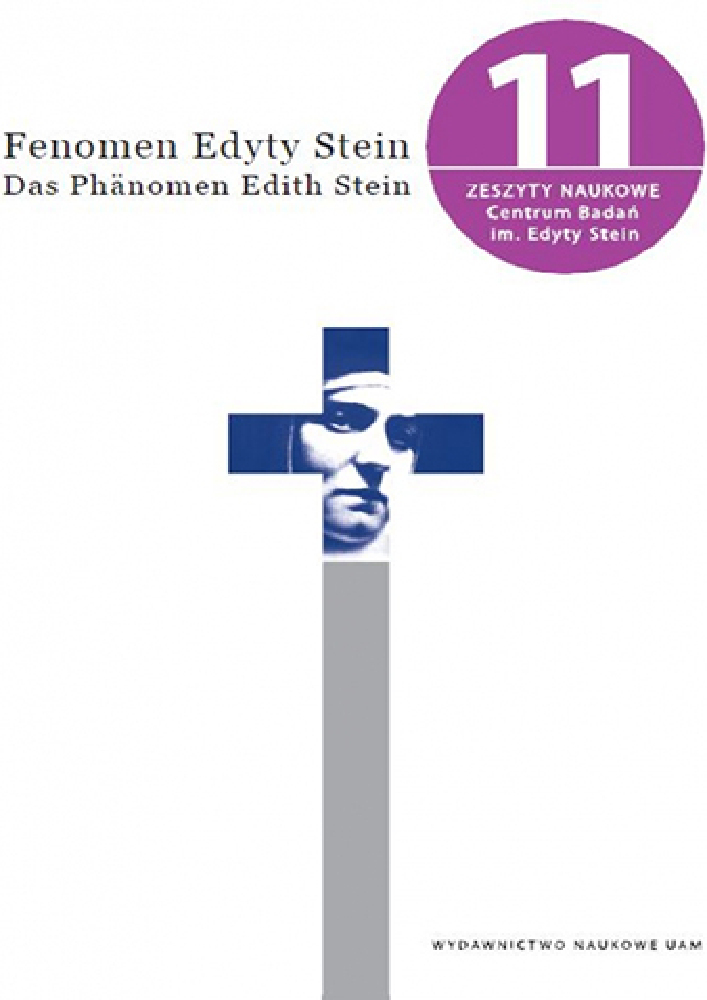Abstract
Starting from Ernst Tugendhat’s discrimination of the ‘dogmatic’ and the‘critical’ motive of Husserl’s epistemology, the author argues that the former leads to anatomistic, analytic theory of ‘pure consciousness’, while the latter needs to be developedby holistic approach, in which the cognitive justification – as Ernest Sosa put it – derivesultimately not from direct obviousness or plausibility alone but from maximum coherencewith all relevant considerations, including all relevant intuitively plausible data. Inthe centre of Edith Stein’s philosophy lies an elaborate theory of sense showing a hierarchicalorder of beings. This seems to involve just the ‘critical’ attitude. Yet, if this is correct,Stein’s understanding of the ‘moments of essence’ as constituting the upper layer ofthe order of sense seems to be a relic of the Husserlian ‘dogmatic’, atomistic motiveFunding
Polsko-Niemiecka Fundacja na Rzecz Nauki- Deutsch Polnische Wissenschaftsstiftung
